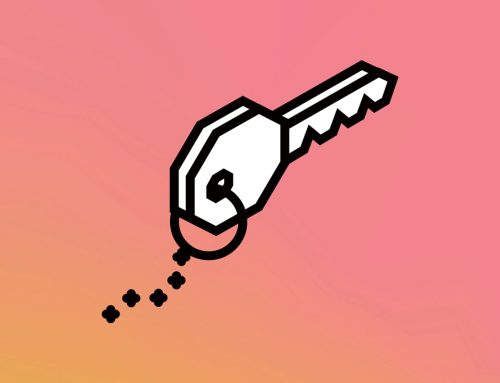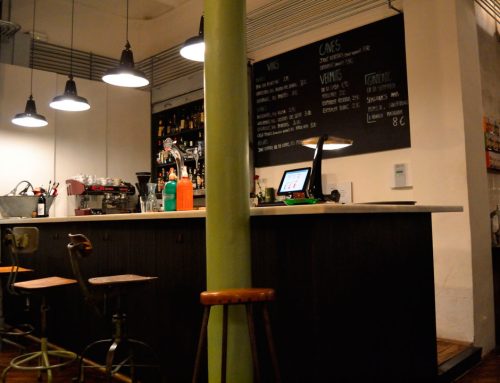The bourgeoisie, experts agree, appeared well after the Pleistocene and a short time before the Anthropocene. This is historically accurate. It is also a gross generalisation. That is what tends to happen when we talk about the bourgeoisie, Catalan or not: it’s easy to make categorical statements about it, but hard to pin down.
During the Pleistocene (if we may), which ended with extreme glaciation more than 10,000 years ago, conditions were harsh. Some of the toughest mammals to ever exist, woolly mammoths and cave bears, went extinct. A dapper bourgeois merchant or finely coiffed dame, strolling around on the icefields with surplus capital ticking over in their heads, would not have stood a chance. They would have frozen their butts off, their blood run blue, and not in any aristocratic sense of the term.
As for the Anthropocene – we know that the morphological alteration of the Earth by human action, beginning in the late 18th century, was predicated by the internal logic of bourgeois capitalism. First came the bourgeoisie, technology at hand, keen to make money off anything, regardless of the consequences. Then came the noxious geological epoch we are mired in today.
The Anthropocene survives on the unsustainable exploitation of resources (physical and human), and a mental framework able to spin such vile behaviour as maverick and admirable. Some argue the Anthropocene has been driven by “fossil capitalism”, tapping into energy reserves from the fossilisation of primeval flora and fauna. Fossil fuels link distinct geological epochs into a single mortal coil, with the remains of dead organic mass of the past extracted and burnt to energise mass extinction in the present.
Of course, the early bourgeoisie had no idea their speculative practices would have a permanently scarring effect on the planet, altering rivers, coastlines, atmospheres and ice caps. Wiping out thousands of species. Redefining the meaning of nature. In contrast, today’s bourgeoisie are perfectly aware of what they are doing, and so is everyone else. Thanks to the captains of global finance and industry, nature is now a sub-category of the leisure sector.
When I studied, the bourgeoisie was always referred to in Marxist terms, which did not always help. Conditions had changed since 1848, so you had to use your imagination. Young ideologues used the term to explain the causes of social malaise, and it only partially made sense. The bourgeoisie was imagined as a conspiratorial society, hoarding power and pulling on invisible strings. If you were not a member of the bourgeoisie, they were the ones to blame. So the bourgeois were hated, though it was hard to know exactly who you were hating. Only if you were bourgeois yourself did you have the option to also hate yourself –something even Marx made provision for (or was it Engels?). Many of the leading artists, writers and intellectuals of modernity were children of the bourgeoisie who despised the values they had been imbued with. Anti-bourgeois sentiment drives the radical transformative verve of avant-garde art and culture.
Marx argued the bourgeoisie would inevitably disappear, devoured by its own internal contradictions, by its incapacity to sustain the system that kept it alive. This was a comforting prediction but it rarely happened, and never in the West. The best you could hope for was for most people in society to be given a fair chance at being middle class, with their mortgage debt, summer holidays and bad choices in furniture. That would be good enough to make the vast majority shut-up and leave the moneyed classes alone. It would also make it possible to ignore the bottom 20% of society who were really poor. This is the fragile social contract liberal democracies are founded on. It is clear that fewer and fewer people are happy with it.
In Catalonia, like everywhere else, the bourgeoisie is a bugaboo, a go-to object of ire. It’s convenient when you get stuck in a conversation about national ineptitude, closed-mindedness or corruption; about cultural philistinism and hypocrisy; about how talented people are not recognised for their merits, unless they have the right surname or family tie as well. Many people are perplexed at how social strata that should be defending its class interests could get so embroiled in supporting Catalan independence, which offers little short-term benefits and plenty of immediate instability. Whether the Catalan bourgeoisie is really to blame for all this makes little difference: people express frustration with it anyways. The responsibility of the Catalan bourgeoisie for much of what goes wrong here is indemonstrable, but most Catalans have seen enough to know there’s a kernel of truth even in the most cliché allegations against it.
To be continued…






